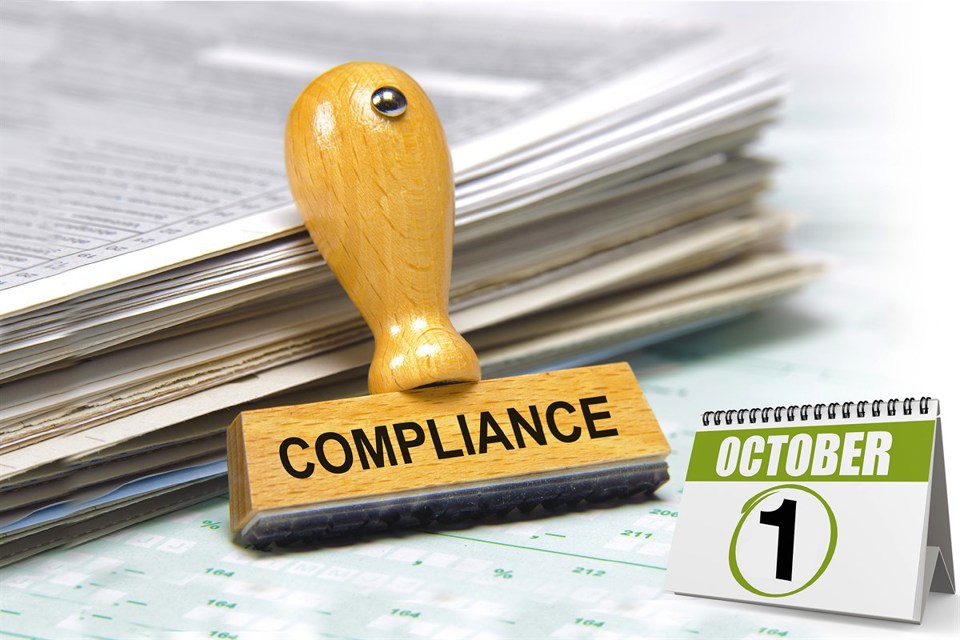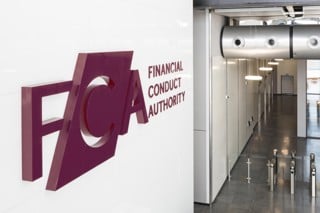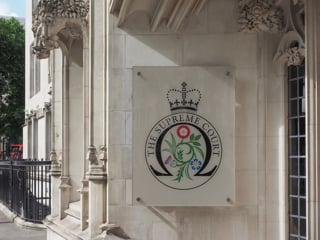“The process demands documents such as regulatory business plans and that the dealer can actively demonstrate the customer is the central focus of its business activities and is treated fairly. In many instances, the dealer simply doesn’t know what information the FCA is asking for, or they cannot provide the information as they do not track it.”
Frontline Solutions is acting as a sounding board for all its clients, offering support via a ‘compliance hotline’, where they can get in touch and ask relevant questions or check their approach to a regulatory issue.
Hill said one problem for dealers was mixed messages from lenders over matters such as suitability of product recommendation, affordability and whether a customer could afford the monthly payments.
“This hasn’t helped the average dealer, which could end up more confused than before,” he said. “Some lenders are part of major banks and the pressures to comply with a wider approach is impacting negatively on many dealers.”
Hill expects few dealers to miss their landing slot date, adding: “I am sure quite a few will decide not to go ahead with their application to the FCA when they see the application form, especially if they don’t make much income from finance.”
Andy Gruber, director at Alphera Financial Services UK, is optimistic about the effect of FCA compliance. He said the focus on fair treatment of customers meant dealers and brokers would have to look at their business models and may need to adapt over the coming months.
“We can see that in many other countries, businesses have to comply with higher standards of regulation than the UK market,” he said.
“The work the FCA is doing within the industry is a great opportunity for dealers and brokers.
“If dealers and brokers succeed in truly putting the customer at the heart of their business, our international experience shows that the upside can be tremendous.”
Julian Rance, head of Paragon Car Finance, said dealers needed to include detailed supporting information about the business, its ownership, risks and policies with the application for full compliance.
“For many finance providers, this level of detail will represent a much higher level of disclosure than they’ve been used to previously,” he said. “It’s important to remember this is aimed at raising professionalism and demonstrating commitment to treating customers fairly.”




















max - 03/10/2014 12:12
“The process demands documents such as regulatory business plans and that the dealer can actively demonstrate the customer is the central focus of its business activities and is treated fairly. In many instances, the dealer simply doesn’t know what information the FCA is asking for, or they cannot provide the information as they do not track it.” Dealers have an expectation, that ‘someone else’ will take care of this for them. Manufacturer / finance houses / compliance gurus and consultants / trade bodies, the list is endless. When will the motor dealers realise that there are regulatory matters that are 100% their personal responsibility? Sure, by all means gather as much help and opinion that is available, but there is no substitute for reading the handbook rules and governing principles. Ah, will come the reply, it’s hard, the language isn’t always easy to follow and a hundred other reasons why it can’t be done……. Rather than accepting some things just are 'hard' and need the effort. After all this shouldn’t be wasted tick box time, it should all be quality transparent business practice. Much of it may exist already, but most of which will not be recorded, monitored or easily articulated. Your customers deserve to be treated fairly, and you have a regulator who insists on it. A regulator who is so much better than the FSA, in explaining itself, publishing speeches with direction, issuing guides / notes / and help, to try make it easy as it can for all the firms it regulates. Engage, evolve, do the detail, truly understand that ‘you just don’t sell cars’ – you are well and truly into selling F&I, and your customers deserve you do the very best by them. Do it for the right reasons, the customer, but keep in mind, the regulator will likely show their teeth soon, and the vultures of the CMCs will be circling all too soon. I return to the extract at the top – it’s phrased as though it’s in some way unreasonable for the FCA to ‘demand’ such documents. Isn’t there another way of looking at it – it’s not what the regulator is asking for per say (though a lot is prescriptive) but what the business should already be able to provide the FCA (or anyone, including themselves and customers) to explain that they are meeting the requirements. Why don’t dealers track this? Maybe because, the true ethos of TCF eludes them, or that they still don’t see the rules apply to them, as it’s someone else’s responsibility? If you are an Approved Person, or a director with significant functions, it’s your responsibility.